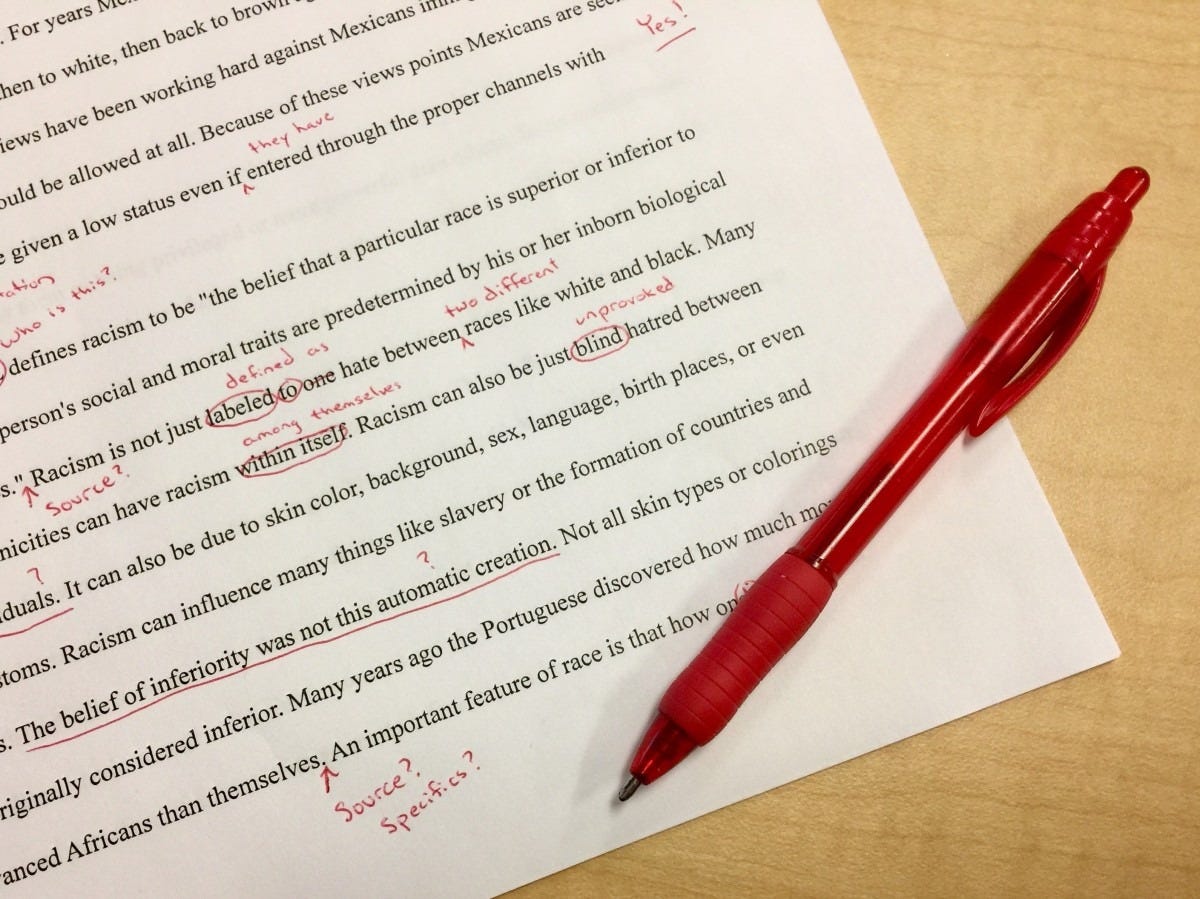English Mini Lesson - Capitalization
Best Practices for Capitalization
Today’s lesson is best to be WATCHED rather than listened to. There will be some great examples on the screen. This lesson is essential because everyone can benefit from a refresher on capitalization. With smartphones automatically correcting errors, it's easy to overlook these rules when writing outside the world of auto-correction. This lesson will help reinforce proper capitalization, ensuring accuracy when writing by hand or using programs that don’t correct mistakes automatically.
Table of Contents:
You can listen to today’s Mini Lesson on the A Curious Compass Podcast, or watch here on Substack or on YouTube.
Common Nouns
Capitalization rules differ between common nouns and proper nouns. Common nouns refer to general people, places, things, or ideas and are not capitalized unless they appear at the beginning of a sentence. For example, words like "city," "dog," "book," and "teacher" are common nouns because they refer to general categories or types of things. These nouns remain lowercase in most situations, unless they start a sentence or are part of a title.
Proper Nouns
On the other hand, proper nouns refer to specific names of people, places, organizations, or things, and they are always capitalized. Proper nouns include names like "Michael," "New York," "Amazon," and "Shakespeare." These words are distinct and unique, referring to particular individuals, locations, or entities. Capitalizing proper nouns helps to distinguish them from general terms, making it clear that they refer to specific subjects rather than broad categories.
We capitalize the names of people, historical events, and abbreviations to show their importance and to distinguish them as specific, unique entities. Names of people are capitalized because they refer to individual identities, helping to clearly identify a person as distinct from others. For example, "Albert Einstein" is a specific person, and capitalizing the name makes it clear we are talking about this famous individual rather than just any person.
Historical Events
Historical events are capitalized because they refer to significant moments in history that have a lasting impact on society or the world. For instance, "World War II" is a specific event, and capitalizing it helps emphasize its importance as a defined historical period. Finally, abbreviations are capitalized to represent a shortened form of a longer title or name, making it easier to reference well-known entities. Abbreviations like "NASA" (National Aeronautics and Space Administration) or "FBI" (Federal Bureau of Investigation) are capitalized to maintain clarity and respect for the official names they stand for. Capitalizing these terms ensures they are recognized and understood as distinct and formal titles.
Direct and Indirect Quotations
When it comes to capitalization in direct and indirect quotations, the rules are slightly different.
Direct quotations:
The first word of a direct quote should be capitalized if the quote is a complete sentence. This is because it follows the standard capitalization rule for sentences. For example:
She said, "We should leave now."
In this case, the first letter of "We" is capitalized because it begins a complete sentence.If the quote is not a complete sentence or is embedded in the larger sentence, the first word is typically not capitalized. For example:
She said that we "should leave now."
Here, "should" is not capitalized because it’s part of a sentence, not a standalone sentence.
Indirect quotations:
When paraphrasing or summarizing someone’s words (indirect quotation), the first word of the quote is not capitalized unless it’s the beginning of a new sentence. For example:
She said that they should leave now.
In this case, "said" is part of the sentence and is not followed by a capital letter since it's not a complete, direct quotation.If the indirect quote appears at the start of the sentence, the first word would be capitalized just like any other sentence. For example:
She explained that we should leave now.
Did you find this content helpful? Consider supporting me with a cup of coffee, click below:
Practice Work
Which of these three sentence is correct:
“Hannah, I really need to ask you something.” she said as she was walking across the street.
“What is it Sarah,” Hannah answered. “I’m over here, inside the garage.”
“Well,” Hannah looked down at the broken screen of her phone, “The screen broke when it fell. Do you think we can get this fixed?”


